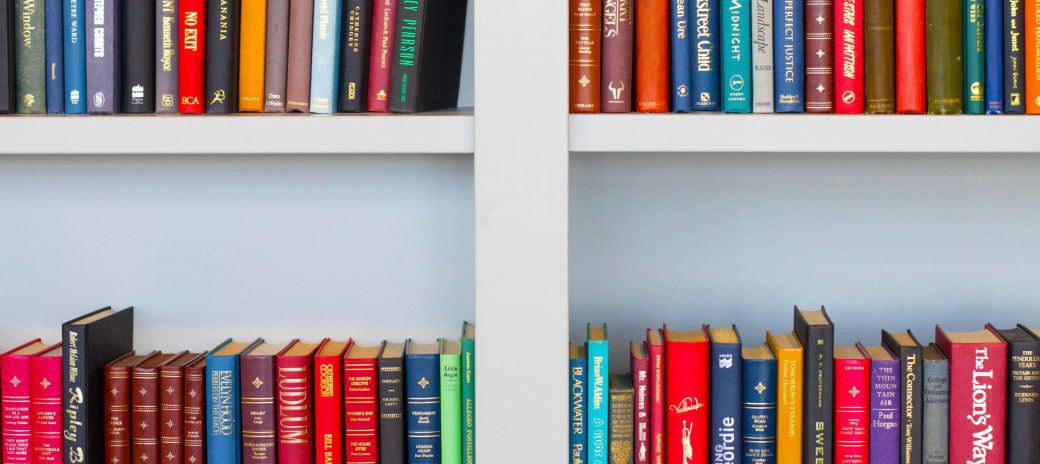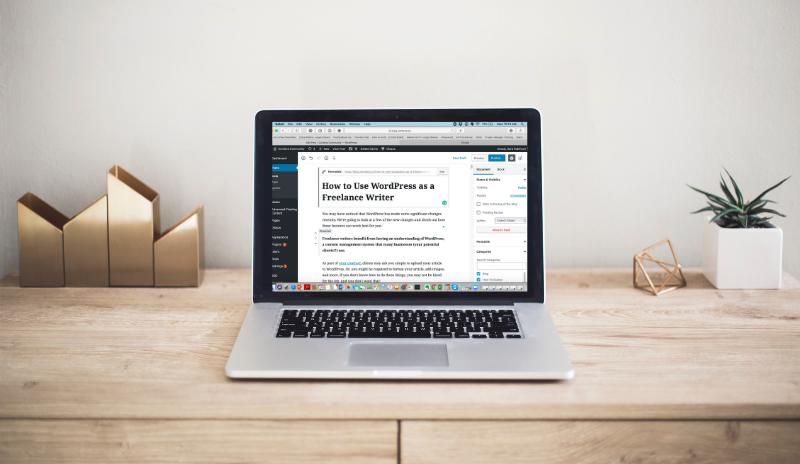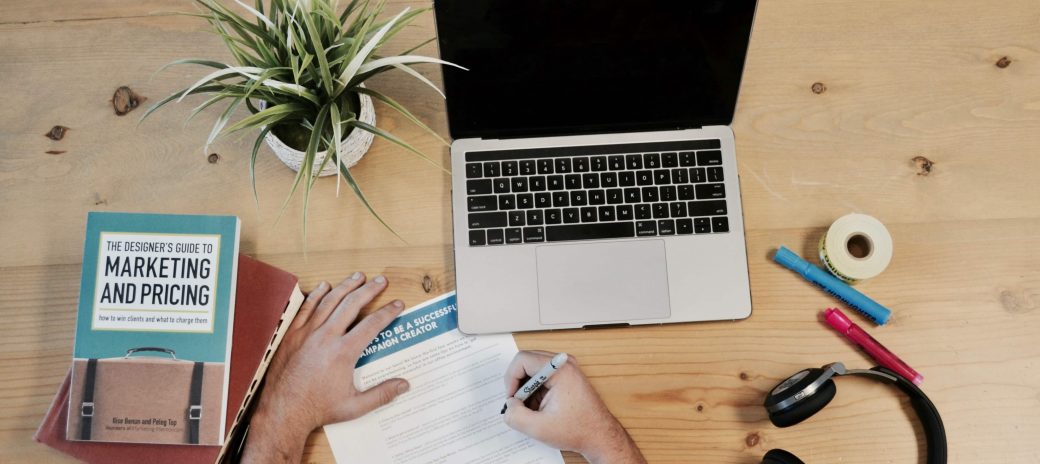As freelance writers, we have unique opportunities to learn about so many exciting and interesting topics. Even if you have a super specific niche, it’s likely that at some point in your career, you’ll need to spend some time doing some research.
Proper research should take more than ten minutes and a Google search.
For research to be thorough, you’ll be exposed to wading through hundreds and maybe thousands of links, documents, and other sources to gather in-depth data for your piece.
Each subject even has particular websites and search engines to help you gather material. For example, specific databases are used by legal teams, different search engines are used by doctors, and even government employees have access to special documents.
Why it is important to find a credible source
A well-balanced and thoughtful article is not only your job but a social and global responsibility.
New information is published every day.
Part of our business is staying knowledgeable about the subject of our writing, we must adequately support all our articles with sources and facts.
Research demands the use of our critical thinking skills. It’s important that we understand how easily any of us can be duped which makes expert analysis our biggest weapon against spreading false information.
Unless you are writing a personal opinions column or blog, a bias that is supported by unfounded claims can lead to significant problems down the road for even the best writers.
We need to be all-powerful in our research skills.
If the word research makes you cringe, then I say call yourself a detective.
It’s the same thing.
It’s our job to track down proper sources, get the info we need, and then give credit where credit is due. Nancy Drew knows what’s up.
Where to start your research
Think about your goal:
- What is the topic or theme of the article you are writing?
Is it a topic that demands factual information, such as a discovery by NASA? Perhaps you’re doing a genealogy report that includes historical facts. Do you need healthcare statistics? Are you searching for an author’s opinion or an analyzation of literature?
Once you have your topic nailed down, you’ll start to get a bigger picture of your research needs.
- Who is your audience?
If your intended audience is CEOs and lawyers, your research needs will differ from writing a blog on parenting or a how-to piece on DIY gardening tips.
Define your readers.
- What is the intended tone of your piece?
Is the piece going to sound all business, matter-of-fact? Do you want to convey a friendly, conversational tone? Think about the difference between reading an article about a new ice cream shop that just opened and the results of a census.
Very different tones will be used for each report.
- How much data do you need?
Do you need to research several topics? Do you need to examine many sides of an opinion? A description of a new law may require an investigation of opposing voices while a study on tooth decay probably won’t.
- How much time have you set aside for research?
If your editor needs your piece written and turned in by tomorrow, you don’t have much time to do major, in-depth research. On the other hand, if you have three weeks, you’ll have plenty of time to visit a plethora of sources.
Where to find the most accurate information
There are different types of resources that will help you find credible information.
- Experts
- Doctors, lawyers, government workers, wildlife authorities
- This should be your first choice for research.
- Your own observations
- How better to gather data than with your own eyes?
- Traditional print media
- Books, newspapers, magazines, textbooks, old yearbooks, pamphlets
- Electronic Sources found online
- Blogs, websites, social media, forums
- This should be your last choice in research. Sometimes the Internet is like the Wild West, filled with unreliable information. Gather everything you can from the sources above before scouring the Internet for data.
If you’re reading a book, e-book, magazine, or journal, you can check the table of contents or the bibliographical information to decide whether a source is reliable.
When searching websites, .edu and .gov will return better, more accurate results than a .net, .biz, .com, or even an .org website. Anyone can purchase those domains.
Wikipedia can help you find sources, but the information is not always reliable. Anyone can edit a Wikipedia article. It will not be the best resource for facts but the resources they link to can be THEBOMB.COM!
A librarian is a wealth of information. Did you know you need a master’s degree to become a librarian? It’s not all checking out books and scheduling story time.
Not only can a librarian help you find research materials, but they know a lot of people, and they can hook you up with experts.
LinkedIn and other social media sites are filled with specialists and scholars. If one expert can’t help you, well, they are linked in to millions of other users who can!
By using different forms of information sources, you can assure yourself that you are not writing through biased, rose-colored glasses.
Below is a short list of well-vetted online sources to help you get started.
- EBSCO (Academic journals and articles on an assortment of subjects from healthcare to government)
- JSTOR (Another credible source for finding peer-reviewed articles and relevant e-books)
- Google Scholar (For scholarly literature and case law)
- Microsoft Academic (Academic articles and authors can be found here
- Google Books (Touted as the “most comprehensive index of full-text books”)
Pro-tip: when you want to search a specific site for a keyword or subject, use Google more effectively by using “keyword site:linkedin.com.” Google will search LinkedIn for experts for you.
You can even take a Google Power Search class!
It can be frustrating to have worlds of knowledge at your fingertips and not be able to find the information you need.
The most confident and smart thing a writer will ever do is admit that they don’t know something (and then go out there and find the answers).
Whether you’re a research journalist or a blog writer, sometimes the Internet does not contain the answers you are seeking.
That’s why it’s imperative that you learn to research correctly. Nothing looks sharper to potential clients than an article with excellent sources and proper citations!
(Below are all my references in APA Style. I used Citation Machine to help create my list below.)
Citation machine: Format & generate citations – APA, MLA, & Chicago. (2018). Retrieved from http://www.citationmachine.net/
Linkedin.com. (2018). Retrieved from https://www.linkedin.com/
MIT libraries. (2018). Citing sources: Overview. Retrieved from https://libguides.mit.edu/citing
Orin, A. (2014, December 30). Career spotlight: What I do as a librarian. Retrieved from https://lifehacker.com/career-spotlight-what-i-do-as-a-librarian-1676098016
Power Searching with Google. (2018). Retrieved from http://www.powersearchingwithgoogle.com/
Purdue OWL. (2018). Welcome to the Purdue OWL. Retrieved from https://owl.english.purdue.edu/owl/section/2/
Staff, E. (2018, January 01). Finding sources for your research. Retrieved from http://www.easybib.com/guides/students/writing-guide/ii-research/a-finding-sources/










